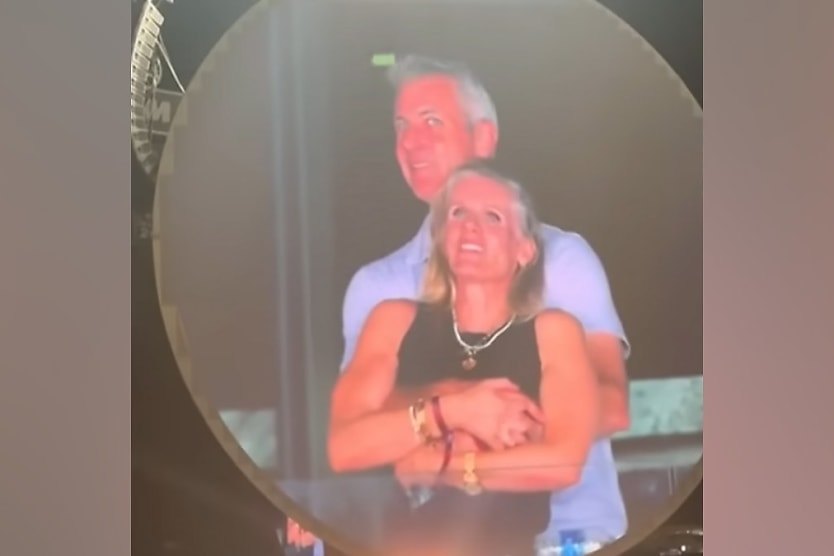Coldplay controversy exposes HR vulnerability in leadership relationships
SHARE THIS ARTICLE

The Coldplay concert controversy has swept through the international headlines, with many employers questioning their own practices if a similar scenario were to play out at their company.
The explosive story of the chief executive of tech company Astronomer, Andy Byron, and the company’s chief people officer, Kristin Cabot, being caught having an alleged affair on the big screen of a Coldplay concert has gone viral on social media – leading to Byron’s resignation.
The pair were caught in a short snippet of a crowd shot on the big screen at a Coldplay gig, cuddling, with Byron’s arms wrapped around Cabot while they swayed to the music. The pair were smiling until the sudden realisation that they were featured on the big screen, forcing their intertwinement to quickly unravel, their smiles to fade, and the shame to commence.
Their attempt to separate from each other and escape the frame only drew more attention, with Coldplay lead singer Chris Martin saying: “Either they’re having an affair or they’re just very shy.”
For Astronomer, the fallout has been swift, leading to Byron resigning from his position as chief executive.
“Astronomer is committed to the values and culture that have guided us since our founding. Our leaders are expected to set the standard in both conduct and accountability, and recently, that standard was not met,” said the company via LinkedIn.
According to Michael Byrnes, a partner in employment law at Swaab, there are many lessons for employers and HR teams in “ColdplayGate” around workplace relationships and the ramifications they can impose on the workforce as a whole.
“It isn’t the role of [the] employer to play ‘moral guardian’. Actions against employees based on intrusive paternalism may lead to unfair dismissal proceedings or discrimination claims on the basis of relationship status,” Byrnes said.
“Perhaps ironically, the issues arising from workplace relationships need to be considered dispassionately, focusing on impact on the employer (particularly conflict of interest) rather than notions of ‘right or wrong’.”
Byrnes spoke about the involvement of Cabot, a chief people officer at the company, and how her actions can undermine the system of trust that HR practices rely on.
“The chief people officer being in an apparent relationship with the chief executive officer and, critically, failing to disclose that relationship, creates an intolerable unmanaged conflict of interest that totally undermines the integrity of the human resources function within that organisation.
“Imagine an employee going to the CPO with an issue about the CEO, unaware of their relationship. It is an unacceptable and untenable situation,” Byrnes said.
Overall, for Australian employers, implementing measures and sensible policies is the best way to be prepared for similar workplace relationship scenarios sprouting in the workplace.
“Much of the public opprobrium directed towards the Coldplay concert duo relating to apparent infidelity is largely irrelevant to the employment issues that arise, which centre on the more prosaic questions of conflict of interest and disclosure.
“A sensible, properly formulated policy is a useful starting point for employers wanting to successfully navigate this often difficult and sensitive issue,” Byrnes said.
Kace O'Neill
Kace O'Neill is a Graduate Journalist for HR Leader. Kace studied Media Communications and Maori studies at the University of Otago, he has a passion for sports and storytelling.

